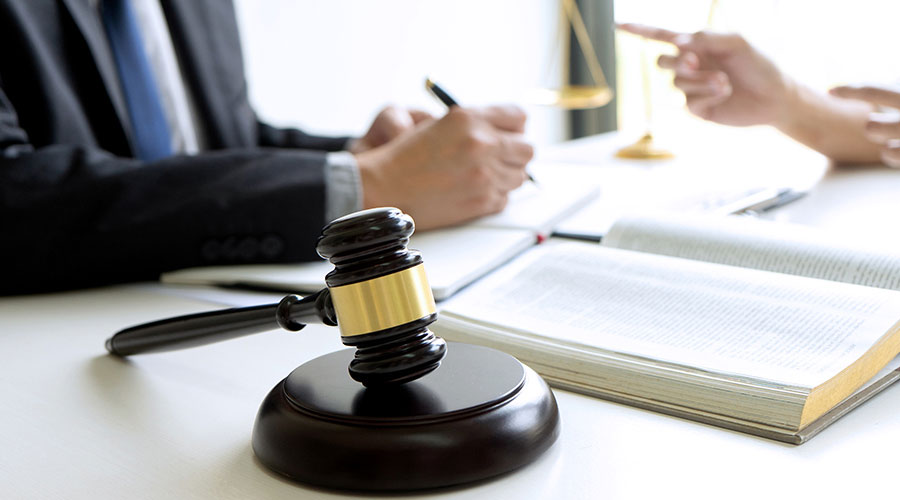Patents may be quite valuable to your company, so it’s crucial to understand how patent lawyers and patent agents differ – and when to employ one.

Table of Contents
First, consider the parallels.
1.) Patent lawyers and patent agents have both received training and are licenced to prosecute (prepare and file) patent applications.
2.) They both took and passed the patent bar exam, which permits them to prosecute patents before the United States Patent and Trademark Office (USPTO). Applicants must have some formal education in a scientific or technological discipline, as well as be of “moral character,” as established by the USPTO’s Office of Enrollment and Discipline (OED).
Depending on the circumstances, a variety of prior concerns, such as having defaulted on a bill or been charged with a drug or alcohol violation, might be a barrier.
3.) The majority of patent agents and patent attorneys have a bachelor’s degree in engineering or another general science discipline (for example, chemistry, biology, or physics), and some have advanced degrees. Even though an applicant does not have a degree in these fields, they may be eligible to sit for the patent bar if they have completed or have taken adequate scientific and technical courses or have received experience in these fields.
Important distinctions
1.) Patent attorneys, as the name indicates, are lawyers who are licenced to practise law. They hold a J.D. and have attended law school (and even an LLM degree, or master of laws, in some cases.)
2.) Patent lawyers have taken and passed at least one state bar exam in addition to the patent bar. This entails extra professional obligations, including as adhering to ethical regulations, participating in continuing legal education, and registering with at least one state bar each year.
The bottom conclusion is that patent lawyers can give legal advice, but patent agents cannot.
The Hiring Process
So, which expert should you hire?
If your organisation simply need someone to draught and submit patent applications, you may be able to deal with a patent agent alone. (Patent agents often charge less per hour than patent lawyers, much as paralegals charge less than attorneys.)
However, if your firm need someone to prepare licence or non-disclosure agreements, or if you want counsel in other legal concerns, you must engage a patent prosecution attorney. The same is true if your firm, like many others, is seeking for long-term representation – maybe to manage a patent portfolio – and would like to have someone handle legal concerns on occasion.
Another twist: If you want to sue for patent infringement or defend your firm against a patent litigation, you’ll need to hire a patent litigator. Patent prosecutors (the second kind of patent attorney) are not litigators, despite their title.
